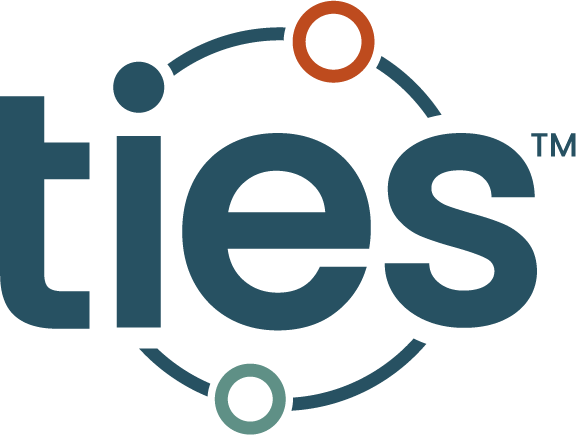If you had 15 minutes with our next president, what would you say?
What would you say about how to make STEM most equitable?
What is your advice to improve STEM career pipelines and stop the leak of talent?
What are your ideas to improve access to Early STEM?
Your chance is coming.

On Jan. 5 and Jan. 7, you have an opportunity to share your thoughts about how to improve STEM in our country with members of the Day One Project, who are collecting the best thinking about STEM policy needs and priorities for the next administration. The two webinars, organized by TIES for the STEM Learning Ecosystems Community of Practice, are open to all who are interested in improving and advancing STEM in our country.
Register here:
These two Town Halls are the ideal way to launch 2021. While many of us are eager to close the final chapter in 2020, we wanted to take note of a few profound lessons and many accomplishments from our own STEM Ecosystems.
In early March, we learned about how an Ecosystem in New York pulled together to print PPE equipment with 3-D printers. Another Ecosystem that is part of the STEM Learning Ecosystems Community of Practice distributed food with the help of partners who could manage mapping software and drones. Still others rallied businesses to come up with solutions for many who had no internet access. And now, an ecosystem is helping with the vaccinations. The list goes on.
The lessons from 2020 are abundant and it would be impossible to acknowledge all of them. But here are just a few:
- Embrace diversity
- Work for equity
- Don’t accept the status quo
- Be resilient
- Be flexible
- Don’t be afraid to fail
- Understand the power of science and elevate its role in society
- Appreciate the power of collaboration
We’ve learned these lessons and others from years prior to the pandemic, and are looking forward to acting on them in the coming year.
At TIES, we’ve also made a few resolutions for the coming year.
We’ve vowed to stop – every now and then – to celebrate accomplishments.
From the STEM Learning Ecosystems, there are so many accomplishments:
In Louisiana, with the help of Chevron and the support of two STEM Learning Ecosystems Community of Practice, we’re launching “Chevron: Fueling Math” – a project intended to build community awareness about the importance of middle school math.
In Idaho, the Idaho STEM Action Center is working to connect an entire state with opportunities and hope about the power of STEM. It’s the same story in countless other communities.
People are rolling up their sleeves, recognizing what needs to be done and getting to work to help insure that all students have meaningful STEM engagement opportunities.
The STEM Learning Ecosystems Community of Practice has grown quickly. We continue to learn every single day. In addition to celebrating and sharing your accomplishments, we plan to use the coming year to iterate the Ecosystem designs themselves to insure strength and sustainability.
We expect to work hard with the National Science Foundation and its INCLUDES grantees so that learning STEM, no matter where, is better understood and systems that work are scaled throughout the STEM Ecosystems.
As always, the STEM Ecosystems are the drivers of advancing STEM for All and continue to be the hot-bed of innovation in response to need.
And as for our 15 minutes with the next president, our message will be quite simple: Please take note of the work of the STEM Learning Ecosystems Community of Practice. The work is improving the lives of students and communities.

